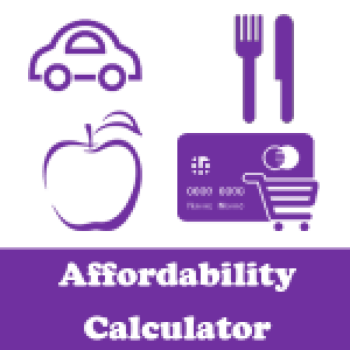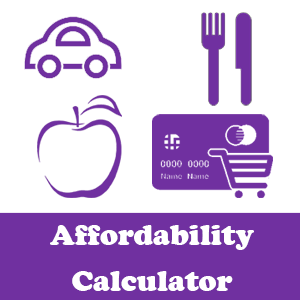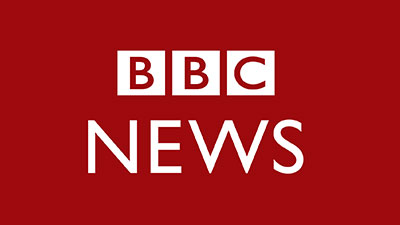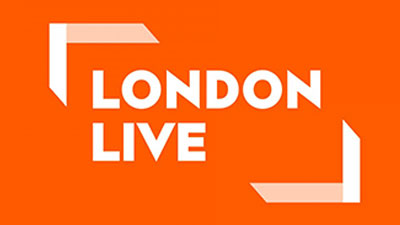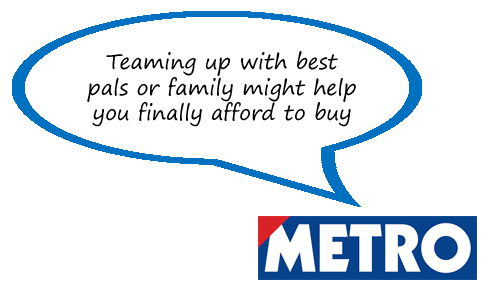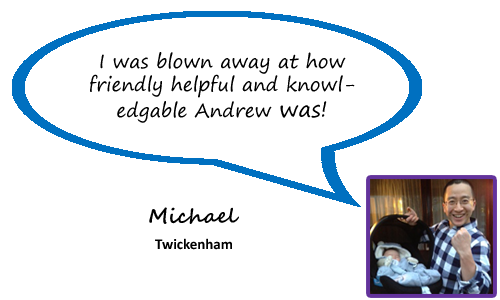Share living costs after buying your home
The costs of living in a property are often forgotten during the conveyancing process and it is only after the bills start coming in that the true costs of buying a home are realised. The Money Advisory Service states that the average mortgage repayments and living costs are around £1,300 per month and that 3 out of 4 first time buyers felt they were overstretched.
Mortgage lenders are focusing increasingly on not just a mortgage applicant's salary for calculating mortgage repayments, but the ability to pay all of the costs of living in a property. To estimate what value mortgage you might secure, subject to budgeting, please use our Mortgage Affordability Calculator.
This article will examine the following costs of living in a property:
4. Mortgage Protection Insurance
1. Mortgage Repayments
Repayments to your mortgage lender form the bulk of ongoing costs. The prevailing interest rate is of singular importance if you are on a variable rate or short-term fixed rate mortgage. Mark Carney, Governor of the Bank of England, continues to suggest that interest rates will remain low but circumstances change quickly in the highly volatile financial markets.
It is important to budget as an interest rate increase will cut into your available cash flow.
2. Home Insurance
A freehold property must have Buildings or Structural Insurance by law. You may also wish to buy Contents Insurance, which is not compulsory but desirable to cover your possessions.
3. Life Insurance
In the event of you or your mortgage partner's death, a life insurance policy can pay off the remaining sum on the mortgage.
4. Mortgage Protection Insurance
If you become ill and unable to work, this insurance will cover your mortgage payments.
5. Ground Rent
This is payable to the freeholder if you have bought a leasehold property.
6. Service Charge
A freeholder or managing agents can impose a service charge - called a 'factoring charge' in Scotland - for upkeep of communal areas in a block of flats.
7. Council Tax
This is set by the local authority and charges are tiered according to the valuation band the property falls into. In Northern Ireland, rates are set individually.
8. Water
The charge imposed for water supply and drainage. There is currently no domestic water charge in Northern Ireland.
9. Utilities
Charges for electricity/gas/oil and also for land lines, broadband and digital TV.
10. Repair and Maintenance
If you are a freeholder, you will be solely responsible for maintaining your property. It is worthwhile factoring in unexpected events such as boilers breaking and leaking pipes and the ensuing costs involved.
Author Summary
The cumulative sum of the above costs is considerable. Sharing it can reduce the figure by up to 50 per cent. Share a Mortgage is geared towards giving people the option to make these kind of savings. We provide a social network to help like-minded people become Mortgage Buddies and joint property owners. Along the way, we offer conveyancing assistance and are on hand to help make property buying a less painful experience overall.
Using a mortgage affordability aids in understanding the costs of buying a home and you should definitely use one before looking to get a mortgage.
Read other related articles:
1. Mortgage Affordability Calculator

